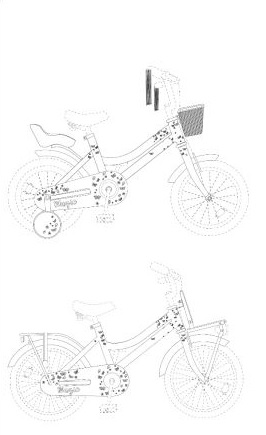Trademark agency Abcor - protect your trademark
Contact
If you have questions or want to know more about our services?Please mail: info@abcor-ip.com
Please call: 31 (0)71 576 3116
A domain name is a unique address on the internet and can therefore only be registered once. There have been companies trading in domain names since the market opened up in 1999. They registered many domain names hoping that one day in the future they may be able to sell them for a large amount of money. For new companies this is sometimes frustrating. They finally came with a new and original name and then find out it has already been registered as a domain name. Often one that is not in use. The price is usually a few thousand euros, much more than the few euros it took to have the domain name registered. Should this be allowed.
The past few years the legitimacy of this practice has been a focal point in several cases. Gaos is an investment company that concentrates on the internet. In 1999 it registered many generic names as a domain name, including the domain name ok.nl.
Fuelplaza exploits gas stations under the name OK. The company registered the logo OK in 1983 in the Benelux. On the internet the company is found at ok-olie.nl. Because ok.nl is a much better name the company approached Goas in 2007, 2013 and 2014 to buy the domain name. This was unsuccessful, and eventually a resolution was sought in court.
Fuelplaza invokes its trademark rights. Because there is not an active website, consumers would assume that the company is not active. This may affect the reputation of the company. The court, however, does not agree. The fact that a company is being disadvantaged because it cannot obtain the correspondending domain name does not affect its reputation. Trademark rights are meant to protect the reputation of a trademark, but they do not grant unlimited rights.
Fuelplaza had another argument, though. It claims to have a better right on the domain name. Gaos is not using it after all. This would be, according to Fuelplaza, illegitimate use of the domain name. The court, however, does not agree with this. Registering a domain name that is similar to a trademark is not illegitimate on and of itself. Gaos’ refusal to sell the domain name for the price offered by Fuelplaze, being a reasonable price, is not a reason. There are many companies that use the name OK, so why would Gaos be obliged to sell the name to Fuelplaza? Furthermore, Fuelplaza can also be found online at ok-olie.nl. The fact that Gaos does not wish to sell is not an abuse of power. There is no obligation to have an actual active website.
For small businesses this is an important judgment. A trademark allows a company to act against third parties who use the same name. However, there are obvious limits to what a trademark registration can do. Not everything may be claimed or
